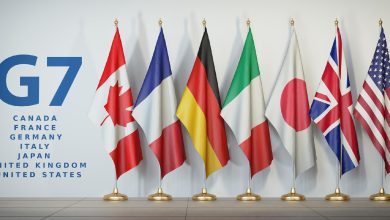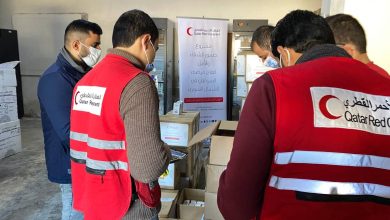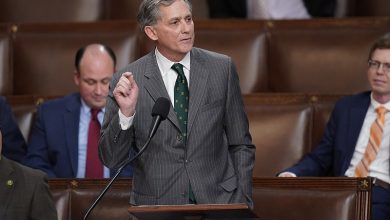
In protest against the government’s starvation policies.. Tripoli uprising extends to other Lebanese cities
Protests continue in several Lebanese regions, against the extension of the general closure decision announced by the government until the eighth of February, despite government promises to compensate the two-day workers and support the poorest families with financial allocations.
Tripoli has been living for four days in a state of chaos, following clashes between hundreds of protesters and security forces, but the most violent of them took place on Thursday night, as the city center and the governorate building were torched.
The protests started from the city of Tripoli in the north of the country, before extending to most Lebanese regions. In Sidon in the south, the protesters closed the “Elia” roundabout in the city center, in solidarity with Tripoli and in protest against the government’s starvation policies.
In the areas of Chtaura, Taalabaya, Saadnayel, and Al Marj in the Bekaa, major roads have been cut off, and the Minya International Road in the north, as well as in the Jiyeh area and Burja on the coastal highway to the south, and in Beirut as well, where protesters cut off the Ring Bridge and Saifi Road, while protests and roads broke out in the Corniche Al Mazraa and on Salim Salam Bridge and Dora in protest against the living conditions and in solidarity with the city of Tripoli and the detainees there.
The clashes resulted in the death of a demonstrator, who was injured by live bullets in the back, and he is a resident of the poor neighborhoods, and about 226 civilians and soldiers were wounded, according to the health authorities.
The scenes of violence in Tripoli led to the fire of accusations among the political forces over responsibility for the actions.
Caretaker Prime Minister Hassan Diab said: “The government is not formed nor disrupted by burning wheels, blocking roads, attacking state institutions and targeting internal security forces and the Lebanese army.”
The Lebanese Prime Minister-designate Saad Hariri tweeted on Twitter, saying: “There may be parties behind the moves in Tripoli that want to send political messages, and there may be those who take advantage of the people’s pain and the hardship of living that the poor suffer.”
Since the beginning of the week, the city of Tripoli has witnessed clashes between security forces and hundreds of protesters, which resulted in more than 200 wounded.
These protests came in Tripoli and some Lebanese regions, in rejection of the economic and living conditions and the continuation of the curfew due to the Corona virus.
Meanwhile, calls continue to take place in Tripoli to take to the streets, while the security forces are increasing their procedures, which leads to more violence and confrontations.




